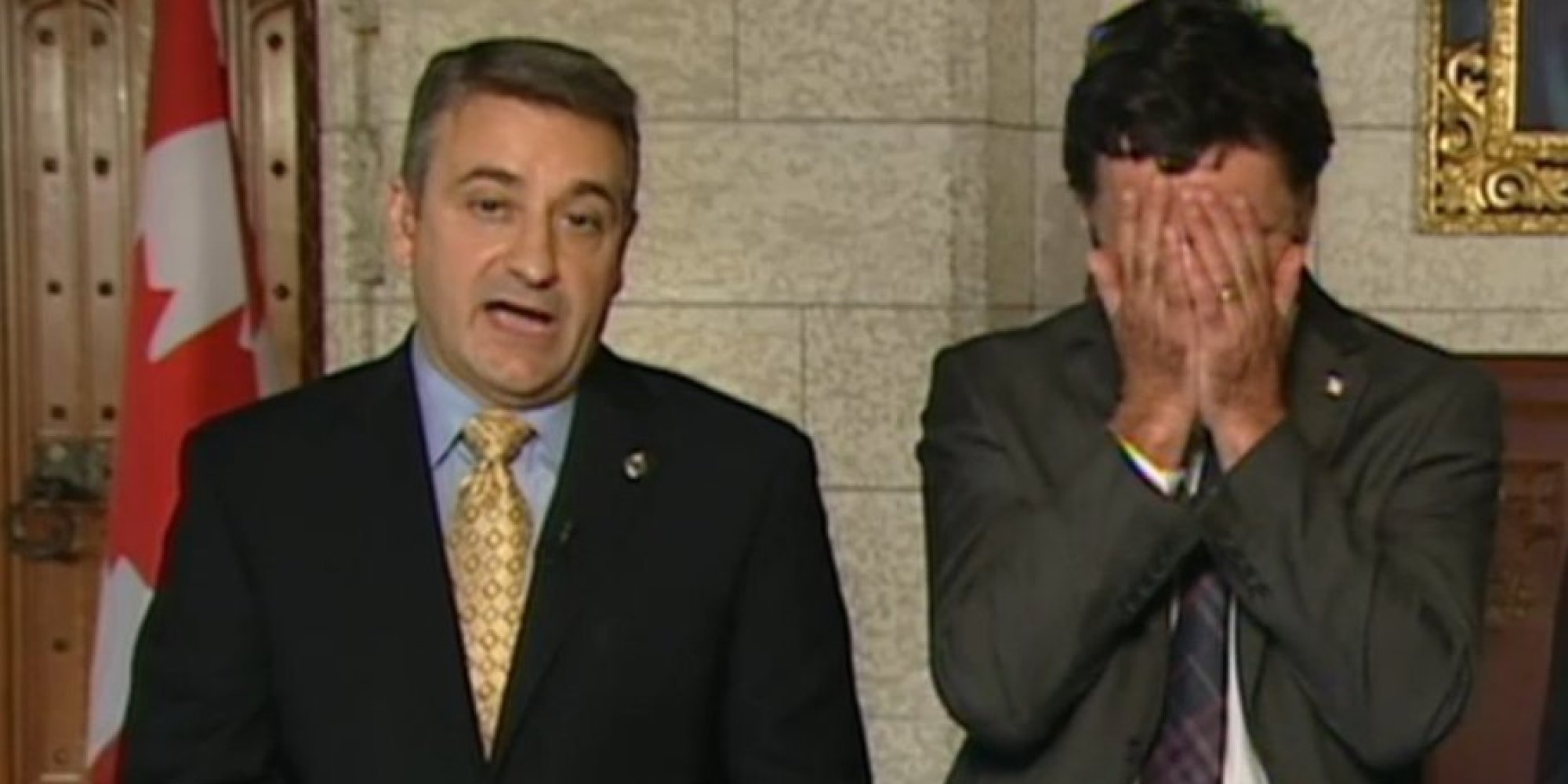Like this article? rabble is reader-supported journalism. Chip in to keep stories like these coming.
Parliament’s back, and while we can say that it’s an advance on the late, unlamented Harper years, it’s hardly ready for prime-time parliamentary democracy. If the members of Parliament are serious in restoring some dignity to the institution — still a real “if” — a few observations spring to mind. These are only relevant, however, to members who care that Parliament has for years been seriously discredited by undisciplined, thoughtless members unleashed by indifferent party leaders. Others will continue their shabby ways.
The new government is introducing some minor but welcome reforms. In the meantime, a word to the present cabinet: I implore you not to follow the Conservative example of treating the House in general, and Question Period in particular, as either a complete waste of your time or a relentlessly partisan, point-scoring session. The world will cheer if you answer serious questions seriously. You might even begin to resurrect Parliament’s reputation.
First, language matters. Right now what you are is a member of Parliament. Congrats! But what you are not is a parliamentarian — until you earn the right to be called a parliamentarian, a serious practicioner of parliamentary procedure. To illustrate, the Harper government had only a tiny handful of members who earned the right to be considered parliamentarians. Led by the Prime Minister himself, the Harper Conservatives rarely showed anything but contempt for the institution of parliament and for the job of a member of Parliament.
Take as the most egregious cases here Pierre Poilievre and Paul Calandra, who made a mockery of the House of Commons and their jobs on a daily basis. The first never compromised an inch, however extensive the oppositon. The other invaraibaly failed to answer the question he was asked. Yes, they had been MPs, elected as such. But they chose not to be parliamentarians. In the end, almost the entire Conservative caucus were afflicted by those two hazardous superviruses — Calandrism and Poilievritis — fatal for the spirit of parliamentary democracy and eventually for the entire Harper government.
Second, there’s nothing the matter with heckling, as long as it’s relevant, witty, pointed and occasional. Dogs bark. Owls hoot. Two-year olds scream. Parliamentarians are none of the above, though too many MPs make you wonder. Remember Bambi’s wise father in the classic Disney cartoon? Say nothing if you have nothing to say. After last week’s session of Parliament, I guess the Conservative opposition has still not seen the film.
Third, do not give your leader an enthusiastic, smirky standing ovation every time she or he puts three sentences together. You look dishonest, sucky and dumb. It just shows you have another agenda. Standing Os are for special performances, which do not come along very often. Don’t debase the currency.
Fourth, for most MPs, life in the House is waiting to ask a question in Question Period. But there are some clear rules here, too, mostly violated on all sides. Some suggestions:
Never read your question; it makes you look like an amateur. If you can’t ask a 60-second question without looking at notes you should become a dentist.
Ask a serious question every time; there will never be a shortage of them. Don’t ever ask a minister to “do the right thing;” that’s just sophomoric. Don’t ever ask a minister to resign; they won’t, showing you are not serious about the question. Curb your feigned indignation. Ask a real question that demands a serious, substantive answer, one that embarrasses the minister if she fails to provide one.
Treat the minister you’re addressing as a serious person who wants to do his job properly and is open to constructive questioning. If it proves otherwise, the minister looks bad, not the questioner.
Fifth, those three-party TV political panels are a big deal for the non-cabinet ministers who sit on them. It’s how they make their public reputation. There are two clear options here. Use the opportunity to stick like glue to your vapid talking points, whatever the question, as you suck up to your leader and base and offend every other viewer who actually enjoys thinking and watching a thoughtful debate. Or try to have a serious debate with your fellow panelists on a serious issue.
I promise that the respectful approach will win you plaudits among sensible Canadians, including the media, while falling prey to Calandrism and Poilievritis will earn you shame, humiliation and eventual defeat. Recall the definitive moment on Sept. 24, 2014, when former NDP MP Paul Dewar, a true parliamentarian, frustrated to the point of tears by the antics of — yes — Paul Calandra on one of those panels, covered his face with both hands in despair. Viewers across the country identified with and cheered Mr. Dewar, and that moment remains burned into the memories of many Canadians. Canadians know what a real debate looks like.
Finally, panelists should operate under the assumption — it’s hard, but try — that they don’t have all the answers while their opponents might have something worth listening to. This piece of advice, I concede, works only when your peers co-operate. The Harper gang refused this approach for 10 long, exasperating years. In the end, they did themselves in, their doltish behaviour infuriating countless Canadians who made sure to vote last October. Parliamentary democracy took a heavy hit from that government, but it’s not yet too late to save it.
This article originally appeared in The Globe and Mail.
Like this article? rabble is reader-supported journalism. Chip in to keep stories like these coming.
Image: YouTube




